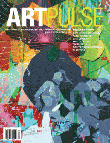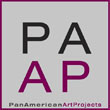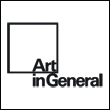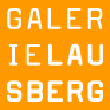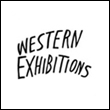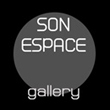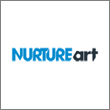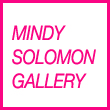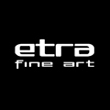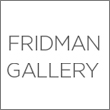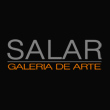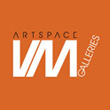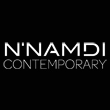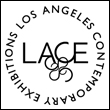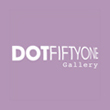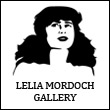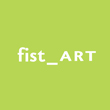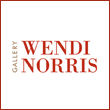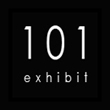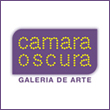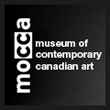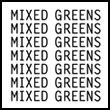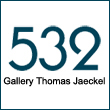« Reviews
Catherine Opie. Guggenheim Museum, New York
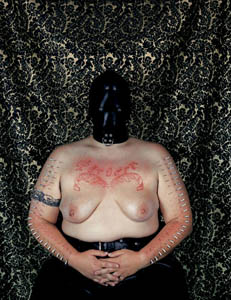
Catherine Opie. Self-Portrait/Pervert, 1994, Chromogenic print, 40 x 30 inches, AP 2/2, edition of 8. Solomon R. Guggenheim Museum, New York, Purchased with funds contributed by the Photography Committee, 2003
September 26, 2008 - January 7, 2009
By Ernesto Menéndez-Conde
Catherine Opie had become a well-known photographer by the early nineties, when she made pictures of people from her sadomasochistic, gay-lesbian community. They were very individualized portraits, provided with a subtle theatrical touch: slightly unnatural postures, against a chromatically-intense background, fake moustaches, wigs, and disguises. The bodies aggressively decorated, with tattoos, piercings, and scars. The traditional genders were diffused, for the sake of an ambiguous sexual identity. Bodies were an expression of sexual differences and practices.
In her more recent pictures -views of empty streets, illuminated buildings in the evenings, highways, small malls, and cottages under the snow- Opie has apparently switched drastically to a more aesthetical, formalistic, and even pictorial perspective. Some of her works are close to abstract art, like the small photographs of highways, made in black and white, in which the architectural elements seems to be turned into sculptures, and dynamic designs.
Opie’s current personal show at the Guggenheim Museum of Art in New York, which is displayed on several floors, segments the works according to the different sujets she has developed in her creations.
It could be argued that in the portraits of her community, as compared to the recent landscapes, Opie’s images have become less provocative, more dependent on her professional knowledge of photographic techniques, more formalistic, and have a stronger sense of plasticity. However, this approach might miss the fact that in her body of work, the accent is rather more formalistic, than on the subject of her images. The powerful impact of the portraits at the beginning of her career is not just related to policies of sexual minorities. It is, above all, related to art. To a certain extent it could be said that Opie’s work is a dialogue, which remains inside an artistic tradition. She has mentioned the influence of Holbein’s painting on her portraits. They can also be linked to the autonomy of the pictorial. Opie’s pictures are mostly focused on the language of color, shapes, contrast between figure-background, and flat surfaces. This visuality is the main theme of her art. Opie’s creations go far beyond literary meanings. In front of Opie’s work, seen as whole, the spectator could claim that -as Adorno once wrote - the content of an art piece is the most superfluous link between art and society.
Filed Under: Reviews

